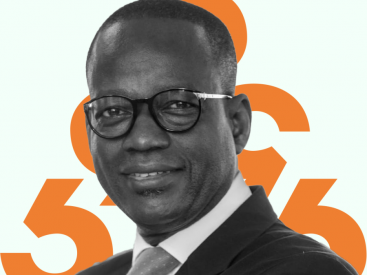The Metaverse is being touted as the next iteration of the internet, supporting ongoing online 3D virtual environments where virtual experiences, real-time 3D content and other related media are connected and accessible through VR/AR, as well as through classic devices such as PC or mobile. It’s essentially an immersive Web3 internet – Web3 being the idea of a new kind of internet services that is built using decentralised blockchain. With this new technology, users can meet in virtual spaces, represent themselves as avatars and share virtual objects.. Gartner predicts that by 2026 a quarter of people will spend at least an hour a day in the metaverse for work, shopping, education, social or entertainment. And 30% of organisations will have products and services delivered via the metaverse. However, despite the predictions, a recent YouGov survey revealed that just 37% of UK adults claim to be confident about describing the metaverse to others. Therefore, organisations who want to dip their toes in the turbulent waters of the metaverse need to understand the opportunities to help chart their way. At Reply, we see the emergence of the metaverse taking place within three distinct types of experiences which have evolved in the […]
K&X Design and Investment Technology, LLC
Invest The Invisible Impact
K&X Design and Investment Technology, LLC
Invest The Invisible Impact



